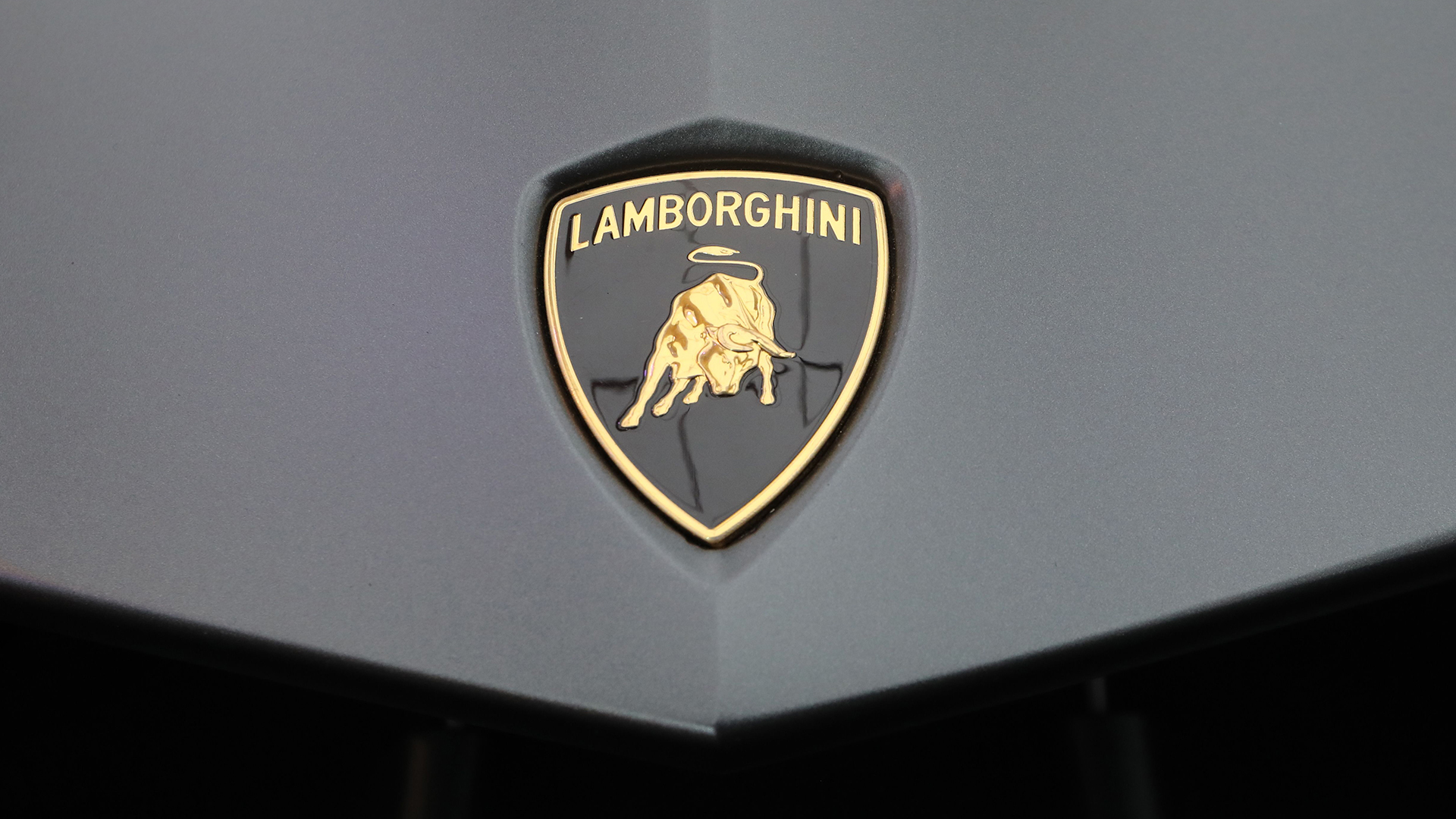

As the auto industry adapts to changing technology and new standards, automakers as we know them may undergo a rather abrupt shakeup. Volkswagen wants to be prepared—even if that means changing the way one of its most high-end brands does business.
On Friday, Bloomberg reported that Volkswagen Group CEO Herbert Diess is mulling options for the future of Lamborghini. Citing individuals familiar with the matter, Bloomberg reports Diess’s options include a complete sell-off of the Lamborghini brand and an initial public offering.
Selling Lamborghini to a third party, or spinning it off, would enable Volkswagen Group to focus on its core brands, VW, Audi, and Porsche, and increase efficiencies by further promoting modularity and reducing duplicate efforts across the company. The group also owns car brands Bentley, Bugatti, Seat, and Skoda, motorcycle brand Ducati, and truck unit Traton, which Volkswagen Group spun off in an IPO in 2018.
While it has thrived under Volkswagen Group’s Audi subsidiary, the automaker Ferrucio Lamborghini founded in 1963 has had a checkered ownership history. It changed hands three times after 1973, and went bankrupt in 1978. Chrysler bought Lamborghini in 1987 and sold it after seven years to a Malaysian investment group. Volkswagen purchased it in 1998.
Under Audi’s management, the Raging Bull has been on a path to profitability, and even more so since it introduced the Urus performance SUV in 2017. In 2018, sales were up 51 percent year-over-year, 30 percent of which were from the Urus. Future products could add momentum. Analysts predict the incoming hybrid successors for the Aventador and Huracan could lift Lamborghini’s profit margins to 30 percent.
This past August, Volkswagen Group indicated that there were no plans to spin off Lamborghini as a publicly traded company. Similar IPOs among luxury automakers have seen mixed results: Since going public in 2015, Ferrari nearly tripled its market value, while British manufacturer Aston Martin has lost more than 70 percent in valuation during the year since its IPO float.
It’s perhaps most important to Diess that the Volkswagen Group solidifies its position in the face of stiff competition from Toyota, with which it’s been battling for the title of world’s largest automaker. Currently, Volkswagen Group is valued at around $89 billion (81 billion Euros), and Diess’s forward-looking strategy, insiders say, would likely increase the company’s valuation by a factor of 2.5, effectively raising its market cap to $220 billion.
While these strategies are still unknown and rumors remain unconfirmed, individuals close to the matter say that the Germans have started the process of folding Lamborghini into its own legal entity and is expected to conclude sometime in late 2020.